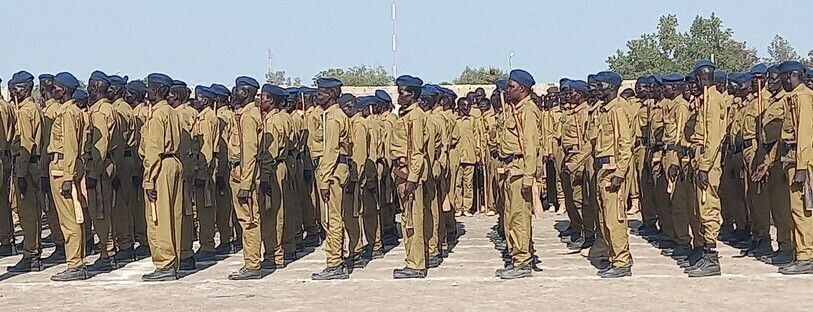South Sudan’s Council of Ministers on Friday approved 3.6 billion South Sudanese Pounds (SSP) for the deployment of the Necessary Unified Forces in the country.
Speaking to reporters after the cabinet meeting, Information Minister Michael Makuei said the Minister for Peacebuilding Stephen Par Kuol presented a budget of SSP3,671,588,100 to the cabinet for buying food and other arrangements for the deployment of the unified forces in Phase One.
Makuei, who is also the government spokesman, said that after listening to the budget presented by the peacebuilding minister, the proposal was referred to the Ministry of Finance for inclusion in the 2023/2024 proposed fiscal year budget.
“So this budget, after a thorough deliberation it, was passed, and the part of the budget which is in phase two was passed to the minister of finance for inclusion in the budget, which is under process, so the cabinet passed a sum of 3,671,588,100 SSP. This is the budget which is allocated for the current forces who were already graduated and are still in the training centres. This is the money that will be used for their deployment and all the other necessary arrangement so that the centres are emptied and phase two of the plan can start,” Makuei explained.
In August 2022, South Sudan graduated its first group of unified armed forces from former rival groups as per the 2018 peace agreement. The goal is to graduate 83,000.
Apart from logistical matters, a disagreement among the peace parties over the middle command structure is also delaying the deployment of the unified forces.
President Salva Kiir, First Vice President Riek Machar and other political leaders have been slowly implementing a peace deal signed in 2018 to end five years of civil war. The parties to the agreement further delayed the transition period leading to the country’s first elections until December 2024.
The first batch of the unified forces graduated without firearms, with the government blaming the arms embargo on South Sudan imposed by the United Nations Security Council. They carried wooden guns instead.




